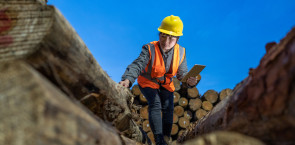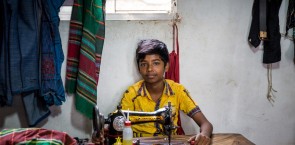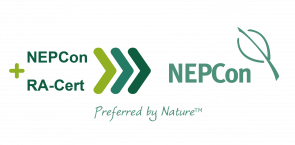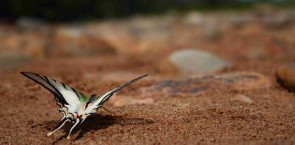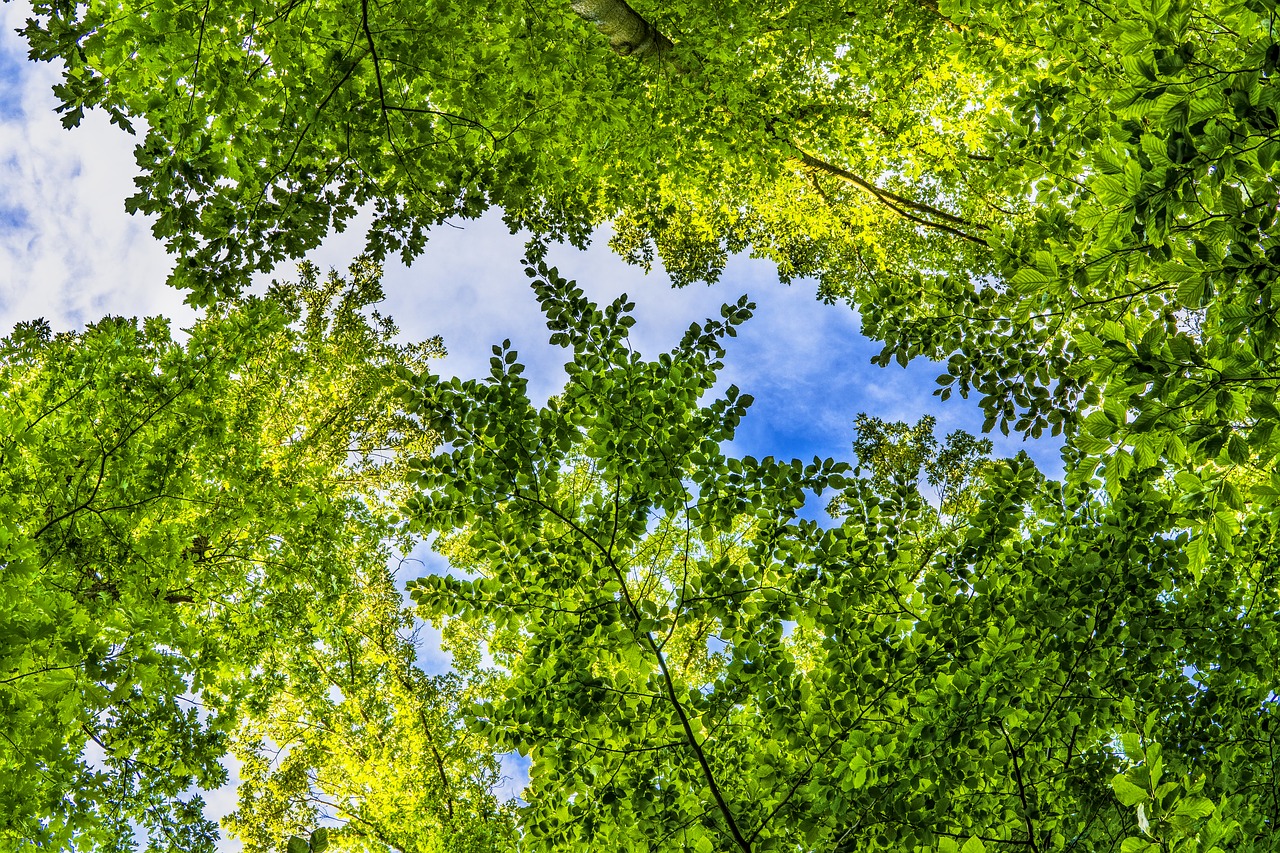
A broader inclusion of tropical forests in certification schemes seems more realistic as indigenous and local communities' land ownership rights are becoming recognized.
The most recent example is the adoption of a new law recognizing all indigenous peoples' territorial rights in Panama. More than 1,000 indigenous people were present in the Panaman Parlimant on the 3rd of December as the law was unanimously approved, securing indigenous peoples' ownership of around 560,000 hectares of forest land. Approximately 30,000 people from 100 villages, on average with a daily household budget of less than 2 USD, are now permanent property owners.
And "permanent" literally means for ever: The land is now defined as collective property, which can not be sold or reversed according to Panaman legislation.
Indigenous ownership helps to secure the forest
The movement to secure property rights for Panaman indigenous peoples started as a protest against destruction of the forests which the indigenous populations depend on for their daily subsistence.
Settlers burning off the forest as well as illegal loggers were threatening the livelihoods of these people, who lacked the legal means to maintain their rights. Although not in itself a guarantee for forest conservation, the first step to ensure better forest protection is therefore the settling of property rights.
Support from Denmark
The Danish NGO Nepenthes – also known as a strong supporter and stakeholder of FSC - has played an important role in the process. As the only organisation from abroad, Nepenthes has facilitated legal support, capacity building and networking among indigenous groups for several years, which ultimately resulted in the formation of a strong national alliance of indigenous groups representing around 10% of the country’s voters.
“The lack of recognition of indigenous peoples' rights in Panama has been largely ignored by the international community for years because the country as such is not poor and its GNP is generally too high to attract foreign development aid", explains Nikolaj Bro Moseholm, project coordinator. "We worked with the Danish aid agency DANIDA, who listened to our arguments and exceptionally granted the financing for this project".
Source: Nepenthes

